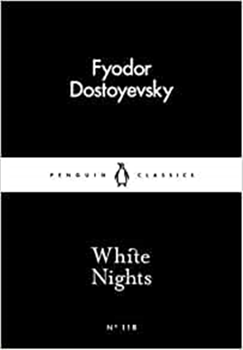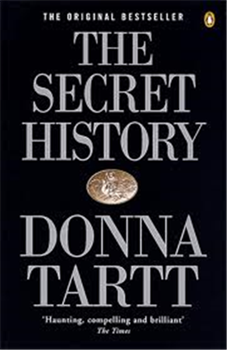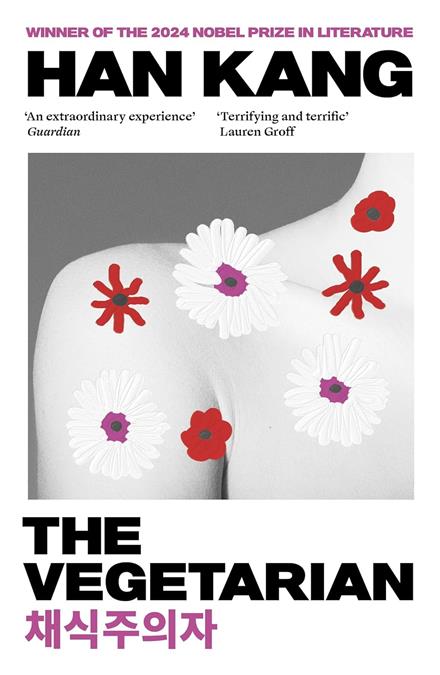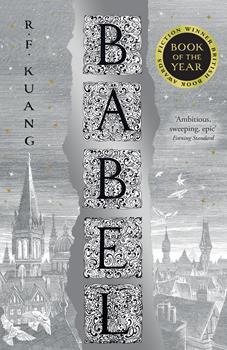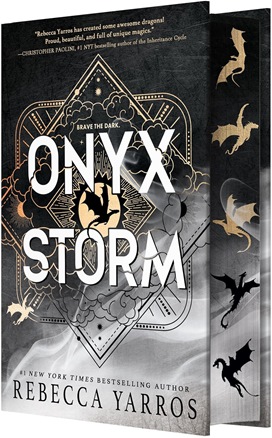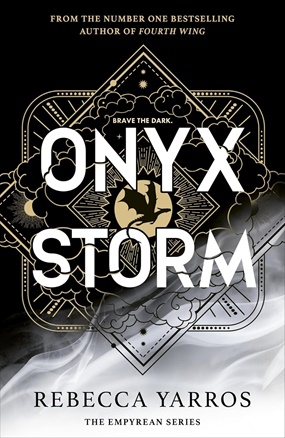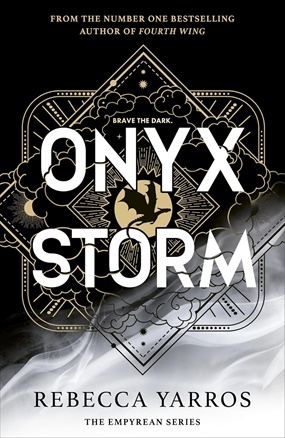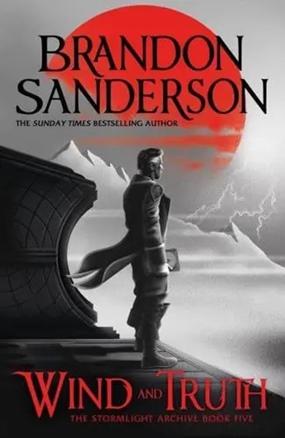Description
The military cult classic with resonance to the wars in Iraq and Vietnam—now back in print When The Centurions was first published in 1960, readers were riveted by the thrilling account of soldiers fighting for survival in hostile environments. They were equally transfixed by the chilling moral question the novel posed: how to fight when the “age of heroics is over.” As relevant today as it was half a century ago, The Centurions is a gripping military adventure, an extended symposium on waging war in a new global order, and an essential investigation of the ethics of counterinsurgency. Featuring a foreword by renowned military expert Robert D. Kaplan, this important wartime novel will again spark debate about controversial tactics in hot spots around the world. For more than seventy years, Penguin has been the leading publisher of classic literature in the English-speaking world. With more than 1,700 titles, Penguin Classics represents a global bookshelf of the best works throughout history and across genres and disciplines. Readers trust the series to provide authoritative texts enhanced by introductions and notes by distinguished scholars and contemporary authors, as well as up-to-date translations by award-winning translators.
About the Author
Lartéguy was born into what he called "one of those families of poor mountain peasants whose names are found inscribed on war memorials, but not in history books." Both his father and uncle had served in the First World War. With his country conquered by the Germans, Lartéguy escaped from France into Spain in March 1942. He remained there for nine months and spent time in a Francoist jail before joining the Free French Forces as an officer in the 1st Commando Group (1er groupe de commandos). During the war, he fought in Italy; Vosges and Belfort, France; and Germany. He remained on active duty for seven years until becoming a captain in the reserves in order to enter the field of journalism. Lartéguy received numerous military awards, to include: Légion d'honneur, Croix de guerre 1939-1945, and the Croix de guerre T.O.E.After his military service, Lartéguy worked as a war correspondent, particularly for the magazine Paris Match. He covered conflicts in Azerbaijan, Korea, Palestine, Indochina, Algeria, and Vietnam. In pursuit of a story at the start of the Korean War, Lartéguy volunteered for the French Battalion and was wounded by an enemy hand grenade during the Battle of Heartbreak Ridge. In Latin America, he reported on various revolutions and insurgencies, and in 1967 encountered Che Guevara shortly before his capture and execution. In the July 1967 issue of Paris Match, Lartéguy wrote a major article entitled "Les Guerilleros", where he wrote: "At a time when Cuban revolutionaries want to create Vietnam's all over the world, the Americans run the risk of finding their own Algeria in Latin America."In 1955, he received the Albert Londres Prize for journalismHis experiences as a soldier and war correspondent influenced his writing. Some of the most emphasized topics in his writing are decolonization, nationalism, the expansion of Communism, the state of post-war French society, and the unglamorous nature of war. His novel Les chimères noires evokes the role played by Roger Trinquier during the Katanga Crisis. Published in 1963 it portrays vividly the chaos of civil war in the Congo after the murder of Patrice Lumumba and the conflict between Moise Tshombe secessionist government and the United Nations Forces. The novel is very critical of Belgian colonialism and is also a reliable expression of European views of Central Africa after independence. Several of his book titles were translated into English, with the most successful being his Algerian War series: The Centurions and The Praetorians. The former was adapted into a major motion picture in 1966, entitled Lost Command and starred Anthony Quinn.Also, with his novel The Centurions, Lartéguy is credited with being the first to envision the 'ticking time bomb' scenario, which has regained relevance in recent debates on the use of torture in a counter-terrorism role. His novels have been read by military professionals, including General David Petraeus, in the new context of modern terrorism.


